War in Ukraine matters, but the big fight we must prepare for is Taiwan
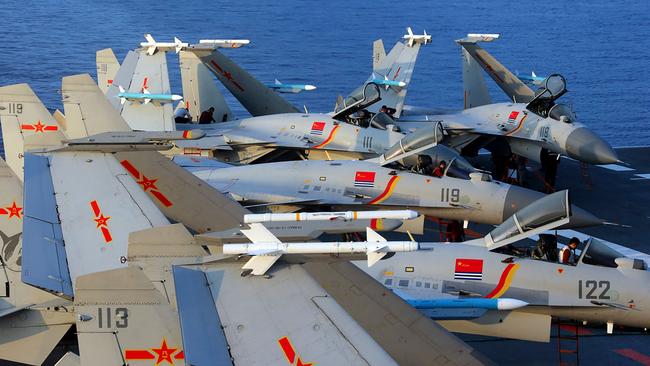
Each of these countries faces a military threat from a large neighbouring great power that is nuclear armed. In Ukraine’s case, Russia has already invaded it and been at war for almost 18 months. In Taiwan’s case, communist China’s President Xi Jinping is making increasingly febrile threats that Taiwan is an integral part of mainland China, and he reserves the right to use force.
There are, however, some obvious differences.
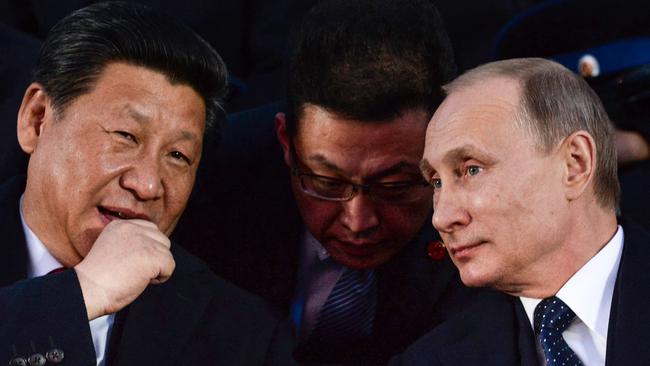
First, Ukraine is an internationally recognised independent state and we should remember that post-communist Russia recognised it as such in 1994. In the case of Taiwan, there is no such recognition that it is an independent country with internationally recognised borders. To the contrary, nearly every major power in the world does not recognise Taiwan as a separate independent country.
Even so, according to the latest Lowy poll, 86 per cent of Taiwanese identify themselves as being Taiwanese – not Chinese.
This leads us to another significant difference.
Ukraine cannot yet be recognised as a full democracy free from corruption and having an independent judiciary; quite the opposite. After Ukraine became an independent country, there was prolonged instability and violence due to the rise of extremely wealthy oligarchs and widespread corruption involving criminal gangs.
Corruption continues to be a major impediment to Ukraine becoming a member of the EU. For example, on August 11 President Volodymyr Zelensky fired all 24 regional military recruitment chiefs after reports of repeated corruption in Ukraine’s military recruitment centres.
Mykhailo Zhernakov, a former judge of the Vinnytsia District in western Ukraine, says: “It’s time to start treating Ukraine’s corrupt judiciary as a criminal syndicate.” In May, the head of Ukraine’s Supreme Court was arrested on bribery charges.
By comparison, Taiwan is not only a much longer established real democracy but it does much better in surveys about corruption and has a basically independent judiciary.
Both these countries have a chequered recent history. In Ukraine’s case, it declared its sovereignty from Russia in 1990. Boris Yeltsin was so anxious to be president of a separate Russia that, despite being reminded by one of his senior advisers to raise the issue of Crimea with the new Ukrainian president, Leonid Kravchuk, Yeltsin hastily remarked that Crimea could be settled later.
In January 1994, Ukraine agreed to the Budapest Memorandum to disarm itself from being a nuclear power and transferred about 1300 strategic nuclear warheads to Russia in exchange for security reassurances from the US and Russia about Ukrainian sovereignty. Had Ukraine retained some nuclear weapons, it would probably not now have faced the humiliation of being invaded by Russia.
In Taiwan’s case, it was effectively under ruthless martial law from 1949 under dictator Chiang Kai-shek until the demise of the KMT single-party system and the rise of the democratisation movement during the 1980s. Martial law eventually was lifted by his son, president Chiang Ching-kuo, in 1987 and constitutional democracy was restored in the Republic of China. We have experienced a vibrant democracy in Taiwan with reasonably frequent peaceful changes of government in the past 35 years. The success of democracy in Taiwan has contradicted the old maxim that Chinese people, including in Singapore, would never be able to make democracy work properly.
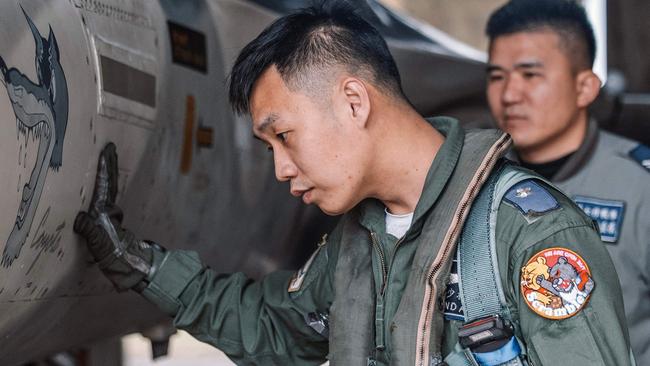
This brings us to the crucial issue of all-out military contingencies involving the survival of both countries and their differing strategic implications for Australia. In the case of Ukraine, the big question is what Australia would do if the illegal Russian war with a Ukraine with internationally recognised borders should escalate into a full-blown military confrontation between Russia and NATO. From a moral and international legal perspective, there would be pressure on us to make some sort of contribution.
But Ukraine is not in our region of broader strategic concern in the Asia-Pacific. Moreover, if the war in Europe were to escalate to include Russian attacks on neighbouring NATO members, such as Poland and the Baltic countries, it would involve high-intensity, land-based military conflict for which the Australian Defence Force is not structured. We could make only a limited military contribution at best.
But – and it is a big but – such an escalated European war (especially if Russia were successful) might create an opportunity for China to attack Taiwan. China could, perhaps simultaneously, attack Taiwan as Russia expanded its war to NATO members.
Although Taiwan is not in Australia’s area of immediate strategic interest, a successful conquest of Taiwan and defeat of the US by communist China would raise potentially first-order strategic threats to Australia, and our survival as a fully independent state, for the following reasons.
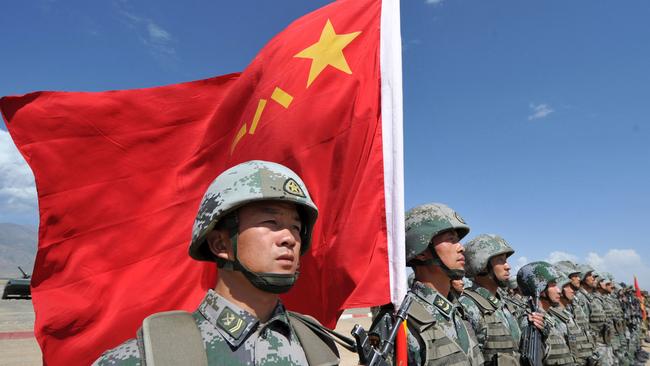
First, if China decisively defeated the US in such a war – as is possible and as many of the so-called strategic experts in Australia are warning – there would be no end to the gloating of communist China and its aim “to teach a lesson” to US allies. There might be nothing to stop China from expanding southward and establishing military bases in our immediate vicinity. And a beaten US might retract into one of its historic phases of isolationism. Australia would be strategically isolated and without a protector. Southeast Asia and the South Pacific effectively would come into China’s sphere of influence.
Second, such a shock defeat of the US undoubtedly would have grave consequences for Japan and South Korea. It would involve them conceding sea and air control of the East China Sea and the South China Sea to China. A new China-centric geopolitical order mostly likely would prevail throughout East Asia. Such a crisis might reasonably propel Japan and South Korea into acquiring a reliable retaliatory nuclear strike capability of their own.
Third, Australia would have to consider where its future lies under the jackboot of a dominant Beijing. Without the US alliance and our critical access to American intelligence, surveillance, targeting, weapon systems and world-beating military platforms, we would no longer have any credible military capabilities. Would we then retract into a neutral posture with only the pathetic remains of a credible military force? In other words, would Australia become New Zealand Mark II?
Fourth, the acquisition of Taiwan would give China what it does not possess at present: access to a secure deepwater trench immediately to the east of Taiwan, which would enable it to have a more reliable second-strike capability for its ballistic missile-firing submarines (SSBNs). For now, China’s SSBN force has no easy access to deepwater bastions and is vulnerable to destruction by stealthy US nuclear attack submarines.
Fifth, the truly nightmare scenario would be a conjoining of Russian military successes against contiguous NATO members such as the Baltic countries and Poland with China’s defeat of the US over Taiwan. This wicked brew then drums up the ultimate contingency of an all-out nuclear war.
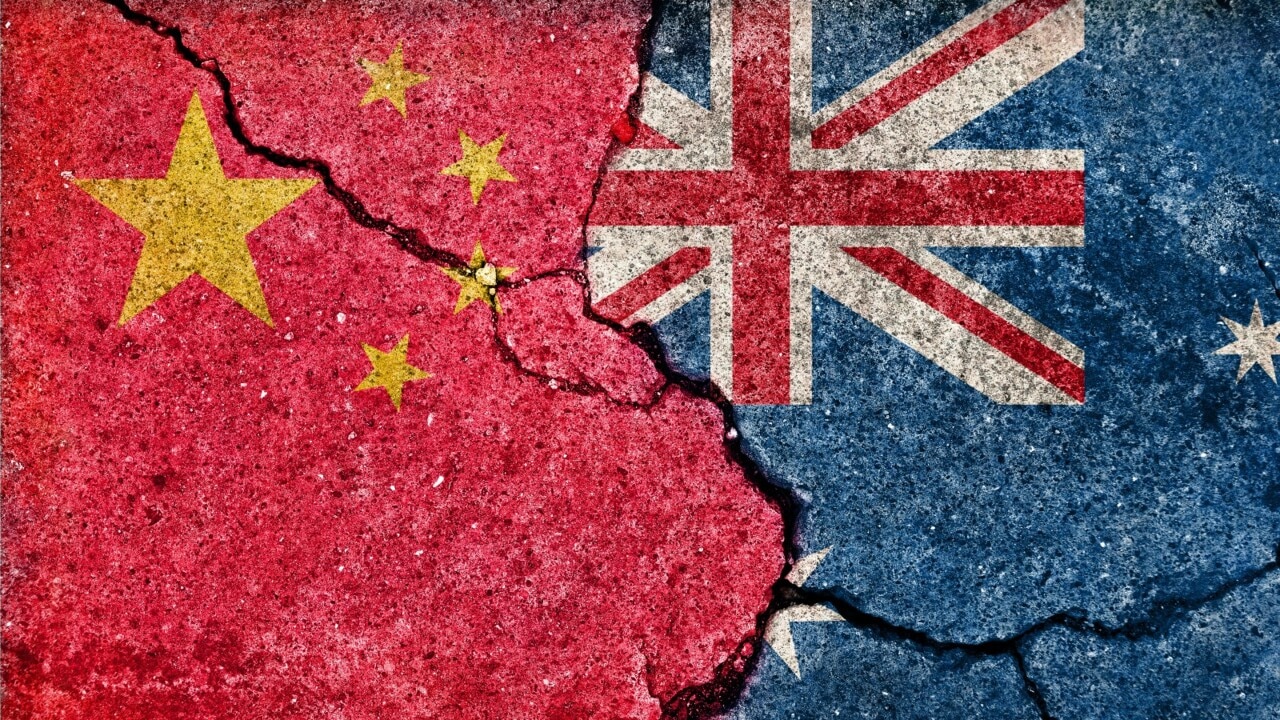
Those Australians who carelessly proclaim that the US is finished, China inevitably will dominate the entire Asia-Pacific region, and that our only survival will be to get out of the ANZUS alliance need to think again. They give little attention to precedents and follow-on consequences. Theirs is a value-free world where we would be on the receiving end of living perpetually in China’s version of Nineteen Eighty-Four with some of our most important freedoms severely curtailed.
So, in the event of a US war with China over Taiwan, what could Australia contribute? We need to understand that our defence force is of a modest size but with considerable potential for escalation if we acquire rapidly (and not waiting for AUKUS submarines) sufficient long-range anti-ship missiles with stand-off ranges of about 2000km. For obvious reasons, they do not need to include striking targets on the Chinese mainland.
We would, however, require access to airfields and ports; for example in Okinawa, less than 600km from Taiwan. But a more credible military mission for us would be to deny the straits of Southeast Asia (Malacca, Sunda and Lombok) to China’s maritime traffic – including the 80 per cent of the oil it imports.
The purpose of this analysis has been to demonstrate the dangers of listening to those who focus only on the risks of resisting and deterring China. Instead, my analysis here concentrates on the dangers of not resisting and not deterring China.
Paul Dibb is emeritus professor of strategic studies at the Australian National University. He is a former deputy secretary of Defence and director of the Defence Intelligence Organisation.

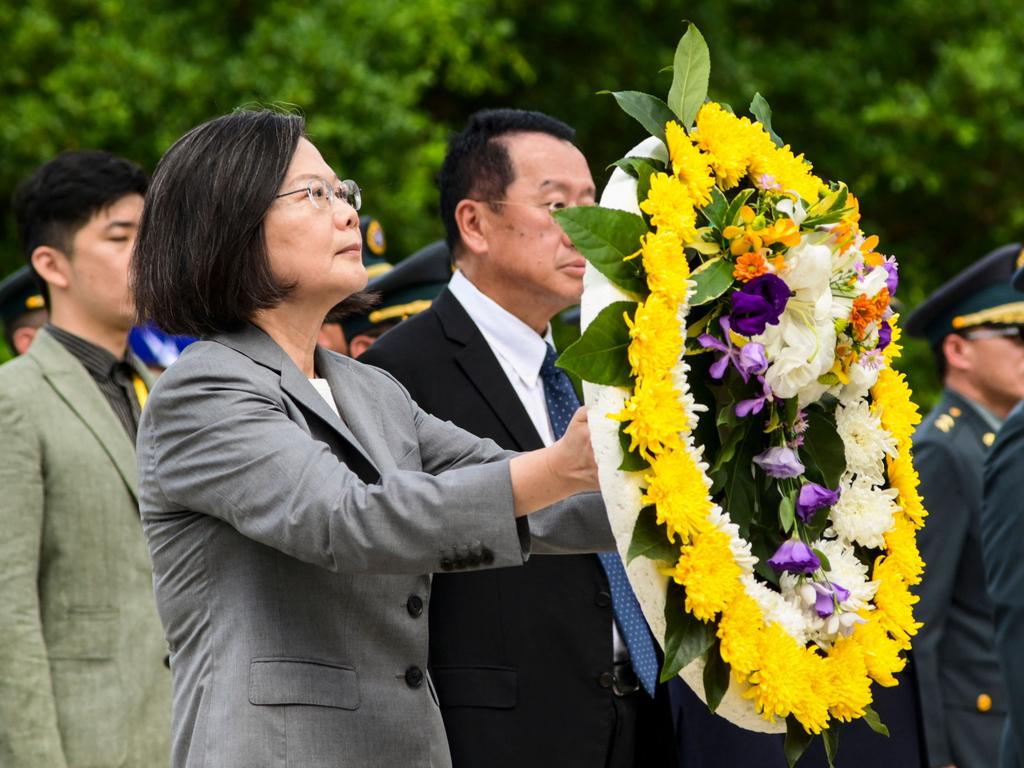




When it comes to theoretical high-level contingencies at greater distance than Australia’s area of immediate strategic interest (Southeast Asia and the South Pacific), two credible scenarios most need to be considered: Taiwan and Ukraine.